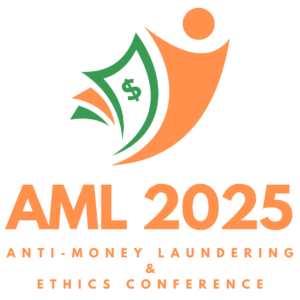
Day 1 - Understanding The Landscape
Introduction to Anti-Money Laundering (AML) and Ethics
- Explore the basics of AML and Ethics, including their significance in preventing
financial crimes - Understand the impact of money laundering and terrorism financing on global
economies - Learn about key terms, legal frameworks, and regulatory bodies
- Explore the basics of AML and Ethics, including their significance in preventing
Typologies of Money Laundering and Terrorism Financing
- Dive into common methods used by criminals to launder money and finance terrorism.
- Case studies and real-world examples will illustrate various typologies.
- Discuss emerging trends and innovative techniques employed by criminals
Global Trends and Statistics
- Analyse current global trends related to money laundering and terrorism financing.
- Review statistical data to identify patterns and risk areas.
- Understand the importance of data-driven decision-making.
Compliance and Risk Management
International Approaches and Standards
- Explore international guidelines and best practices set by organisations like the
Financial Action Task Force (FATF). - Discuss how countries collaborate to combat financial crimes.
- Address challenges in harmonizing AML & Ethics regulations across borders.
- Explore international guidelines and best practices set by organisations like the
South African Risk-Based Approach
- Learn about South Africa’s unique risk-based approach to countering money laundering.
- Understand the role of financial institutions and reporting entities.
- Practical examples will highlight risk assessment methodologies.
